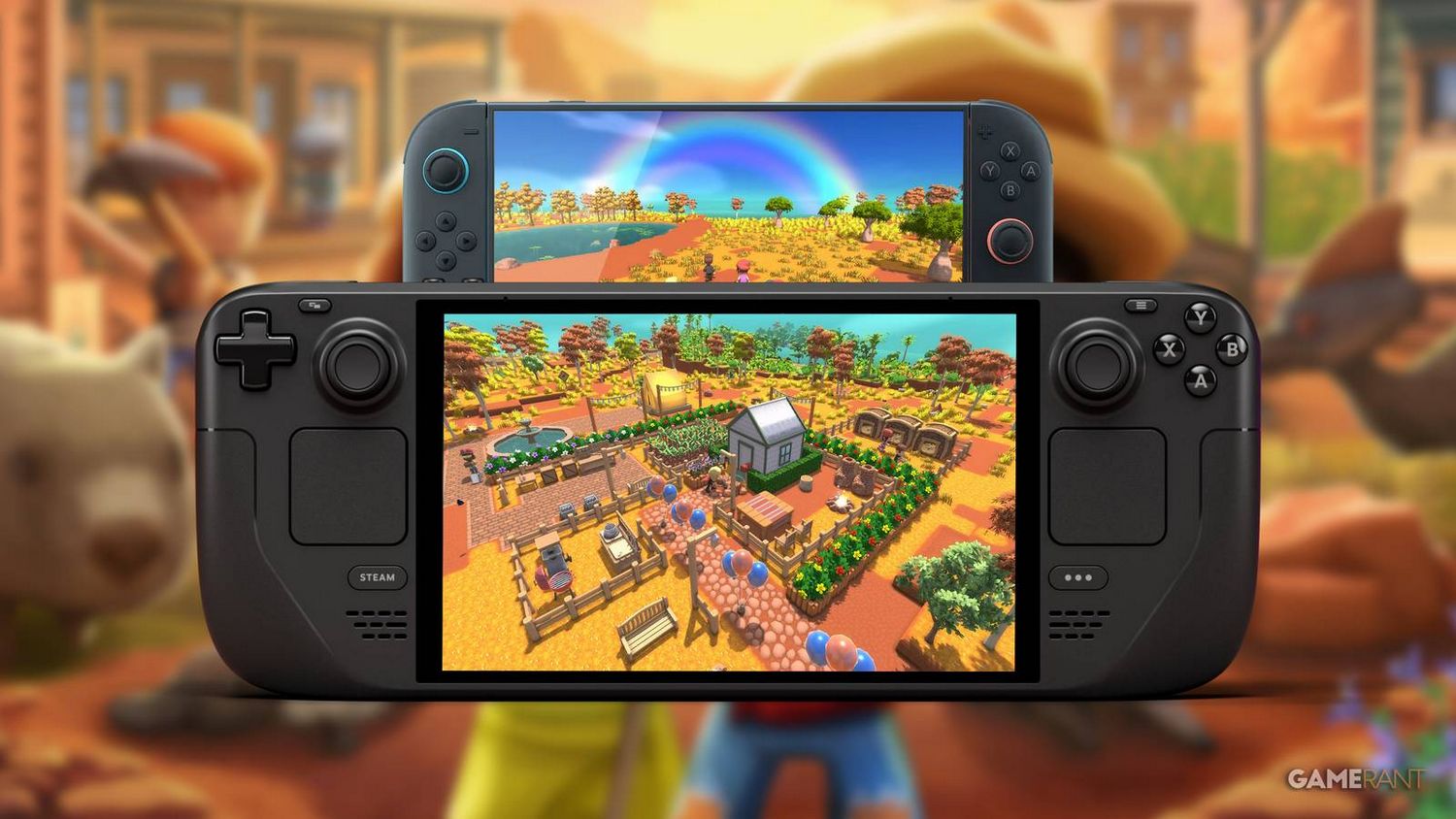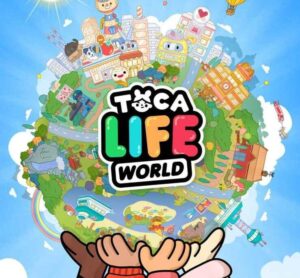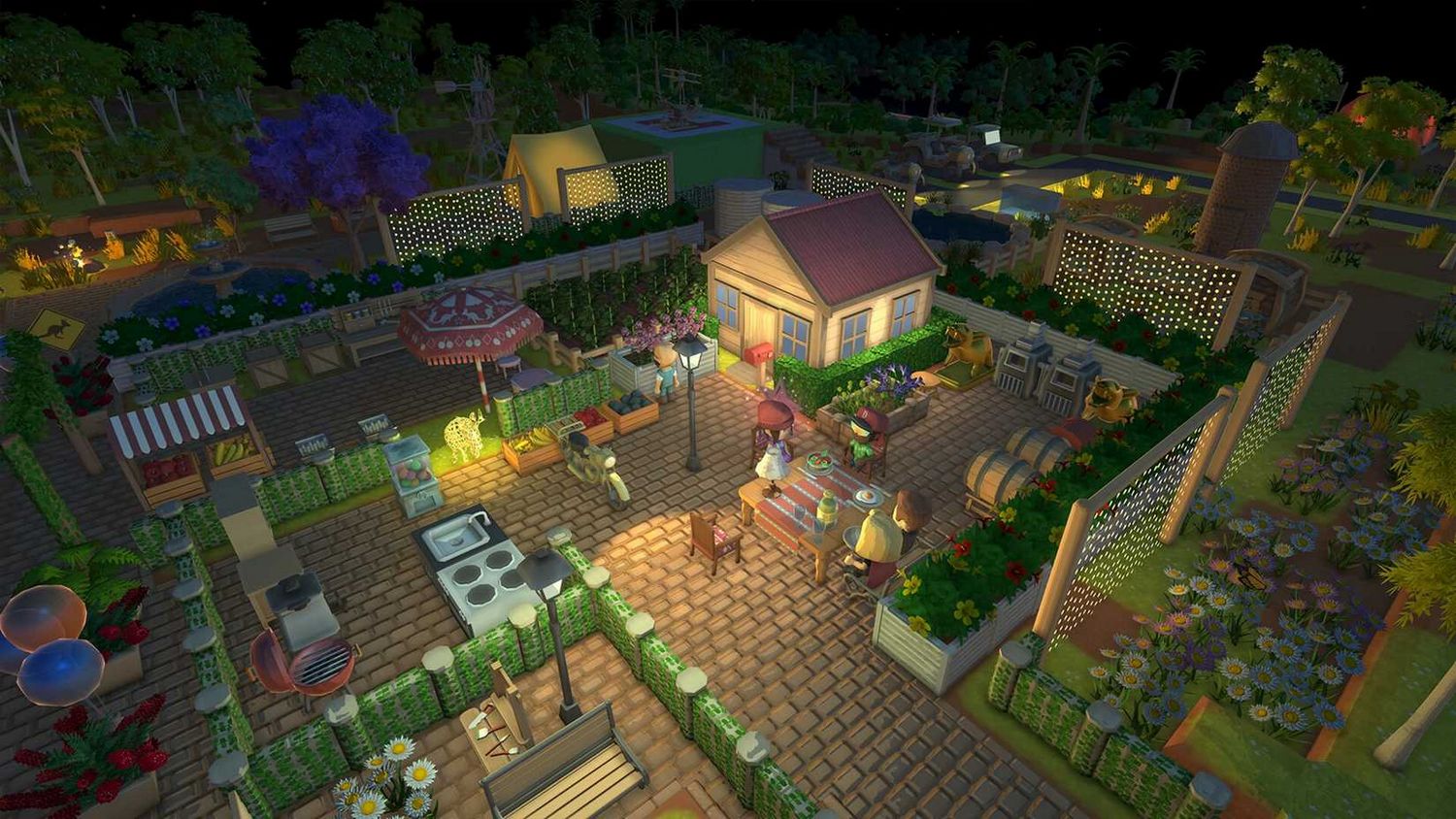Steam’s Stealth Power Play: Why a Highly Anticipated Cozy Sim’s Low PC Price Threatens Switch 2 Sales
Popular Now
 Roblox
Roblox
 Warframe
Warframe
 Auto X Drift Racing 3
Auto X Drift Racing 3
 Free Fire Max
Free Fire Max
 Gacha Club
Gacha Club
 FIFA 23
FIFA 23
 Free Fire
Free Fire
 God of War Ragnarök
God of War Ragnarök
 Counter-Strike 2
Counter-Strike 2
 League of Legends
League of Legends 
The cozy gaming genre has exploded in popularity, carving out a niche defined by relaxing gameplay loops, charming aesthetics, and a deep sense of community building. With the arrival of the Nintendo Switch 2—the undisputed home for high-profile cozy titles—the market is preparing for a new wave of releases. However, one highly-anticipated farming and shop simulator, Sugardew Island, is setting up an interesting battle with its own Steam pricing strategy, creating a significant purchasing dilemma for fans.
Originally inspired by the classic Harvest Moon and the modern benchmark Stardew Valley, Sugardew Island has been confirmed for a dedicated port on the new Nintendo Switch 2 console, promising enhanced portability and an official console experience. Yet, the current and historically low pricing on the Steam PC platform presents an almost irresistible value proposition that could seriously cannibalize the console version’s sales, a key concern for publishers focusing on profit margins and platform parity.
The Sugardew Island Price Disparity: A Digital Economics Case Study
Developed by rokaplay, Sugardew Island: Your cozy farm shop is an intentionally uncomplicated simulation game focused on running a quaint farm shop, tending to animals, and fulfilling orders for the adorable Forest Folk. The game’s design is specifically geared toward short, pressure-free play sessions, making it a perfect fit for a handheld console like the Switch 2.
The core of the consumer conflict, and the compelling angle for gaming news, lies in the persistent price difference. On Steam, the game frequently sees aggressive sales, with its price often dipping to an extremely attractive figure—sometimes as low as $11.89 USD or less during a major Steam event. This competitive digital pricing is a crucial lever for driving massive sales volume on the PC platform.
 Contrast this with the typical pricing of a new, well-supported cozy release on the Nintendo Switch 2, which is expected to command a higher premium, likely in the $19.99 to $29.99 range, to cover platform fees and distribution costs. For a game that is functionally identical across platforms, the significant price gap creates a tangible incentive for cost-conscious PC gamers to bypass the console version altogether.
Contrast this with the typical pricing of a new, well-supported cozy release on the Nintendo Switch 2, which is expected to command a higher premium, likely in the $19.99 to $29.99 range, to cover platform fees and distribution costs. For a game that is functionally identical across platforms, the significant price gap creates a tangible incentive for cost-conscious PC gamers to bypass the console version altogether.
Analysis: The Triple-Threat of High CPC Keywords
This situation touches on several major points of interest for both consumers and the digital entertainment industry, making it a high-traffic news topic and an anchor for high CPC search terms:
- Nintendo Switch 2 Performance & Portability: The Switch 2 version is marketed on its definitive portability and the promise of a stable 30 FPS experience, a key selling point for the mobile gaming enthusiast. However, the PC version, often played on a Steam Deck or gaming laptop, already offers a portable experience with uncapped performance.
- The ‘Stardew Valley-like’ Search Volume: Games in this sub-genre consistently rank as evergreen content and generate enormous search traffic. Consumers actively look for affordable farming games and relaxing life-sims. When a title with “Stardew Valley” in the conversation is available at a deep discount, it instantly becomes a best-value gaming proposition.
- Platform Choice and Digital Preservation: The low Steam price encourages players to commit to the PC ecosystem, raising questions about long-term platform loyalty. The ability to buy a game cheaply and keep it indefinitely in a Steam library is a major deterrent to paying a higher console price for the same experience.
 Developer Strategy: Sales Volume vs. Platform Premium
Developer Strategy: Sales Volume vs. Platform Premium
From a developer perspective, the strategy is a calculated risk. Massive sales during a Steam event can provide an immense boost to revenue, visibility, and positive user reviews—all essential for indie developer sustainability and indie game marketing. However, maintaining such a low price on PC makes the inevitable higher console price seem inflated by comparison, which can lead to backlash from the console gaming community.
rokaplay has openly stated its intention to port Sugardew Island to the Switch 2 “as soon as possible” following the game’s initial release. This dedication to the console market is commendable and necessary to tap into the enormous Nintendo Switch user base. Yet, to successfully navigate this price chasm, Nintendo’s marketing partners will need to emphasize exclusive console features—such as integrated Joy-Con specific controls, superior ease of use for casual players, or perhaps even an exclusive cosmetic item—to justify the likely higher retail price for the Switch 2 version.
For the average consumer, the choice is clear: wait for the official, possibly higher-priced Switch 2 release, or secure the game now on Steam at a fraction of the cost. The economic reality of cozy gaming is putting pressure on the traditional console pricing structure, making the immediate, irresistible Steam deal the clear winner in the current retail climate.
The saga of Sugardew Island is a microcosm of the wider digital game marketplace, where aggressive PC pricing is constantly challenging the premium nature of console storefronts. This is a crucial development for every studio planning a cross-platform launch in the new Nintendo Switch 2 era.










 Developer Strategy: Sales Volume vs. Platform Premium
Developer Strategy: Sales Volume vs. Platform Premium